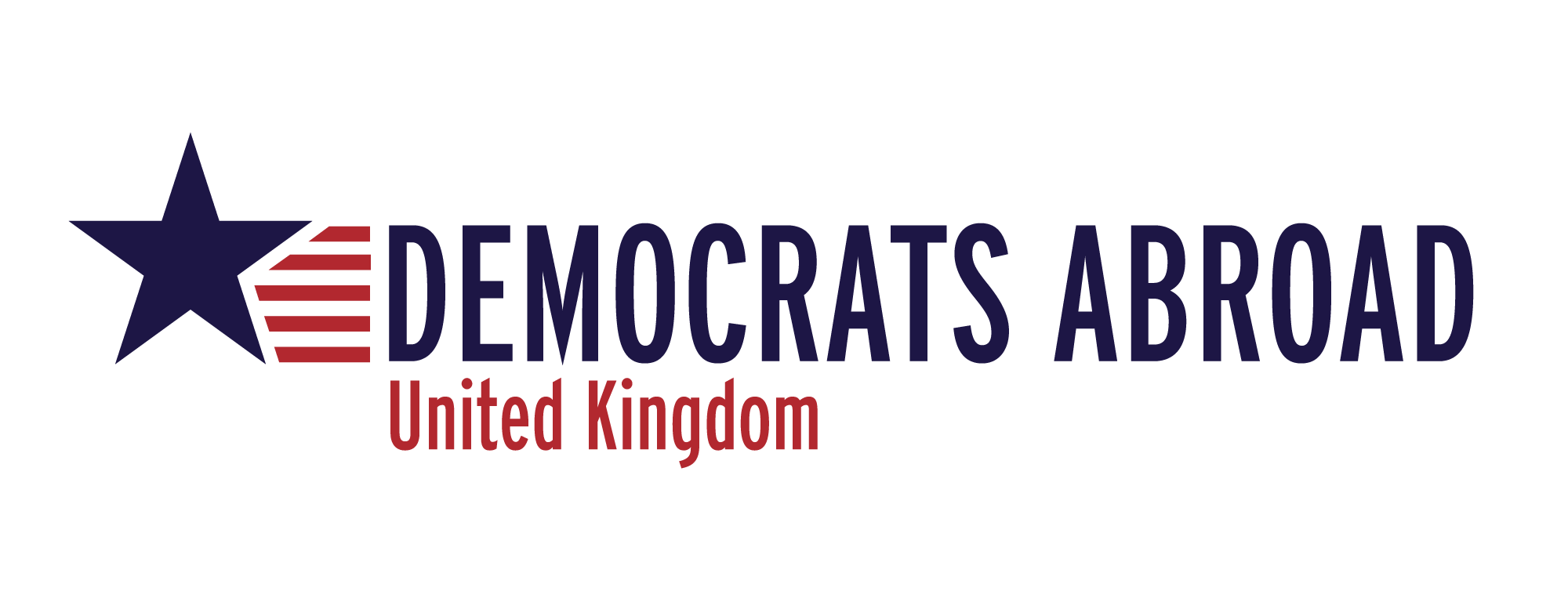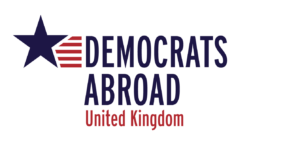
Briefing Notes No 37
October 16, 2014
After-screening discussion and Q and A via Skype with filmakrer Carl Deal
About the film:
From O’Sullivan’s June 19 review in The Washington Post:
“If you have a shred of idealism left, it is hard to watch Citizen Koch without a mounting sense of despair and outrage over the influence money has come to wield over modern elections.“
The film draws an arresting picture of the pivotal events surrounding the Scott Walker recall campaign, and helps us unpack the tactics and strategic purposes of the Kochs’ activities.
Yet, the film also gives hope that both awareness of and activism around the role of big and dark money in politics are growing: increasingly, people are coming to recognise that at issue is the viability of our basic democratic processes.
Despite, the starkly partisan Senate vote (in which all Democrats voted for; and all Republicans against ) to overturn the Citizens United ruling via a constitutional amendment, Citizen Koch shows that , on the ground, these can become non-partisan issues.
Since we screened Bill Moyers’ 2012 Dark Money, the role of big money in SuperPACs and dark money deployed via 501cs has massively expanded.
As Mark Trumball has noted, “the key name in US campaign funding is ‘anonymous’ . “
In Senate battleground states in thess mid-terms, the role of big, dark money from out –of state sources is unprecedented.
And the Koch brothers’ network of groups (Americans for Prosperity is just one part of the right-wing infrastructure they have constructed) is playing a major role, with a budget of almost $300 million for mid-term campaigning.
Senators such as Al Franken in Minnesota, Jeanne Shaheen, New Hampshire and Mark Begich, Alaska are forefronting the issue of big and dark money as major electoral issues.
While the scale of spending on campaigns, whether on electoral contests or issue-based, escalates almost exponentially, the ranks of those fighting against ‘dark money’
Big money:
The Citizens United ruling held that corporations (and unions) have the same rights to free speech as individuals; laws limiting their expenditure on spending (if uncoordinated with campaigns) was unconstitutional . This unleashed massive spending by SuperPACs.
The recent McCutcheon ruling removes caps on an individual’s overall spending in an election—ie to an limited number of candidates, but maintains a cap on donations to an individual candidate. So donors can spend
Dark Money
This is the term coined by Mother Jones to highlight the fact that political funding has become opaque. While PACs and SuperPACs have to reveal donors, non-profits—501c(s) such as the Kochs’ Americans for Prosperity do not. People, corporations, etc. can donate to a 501© which then funnels this money to a SuperPAC and thereby retain anonymity.
The information and sources provided as well as the views expressed here reflect
neither the views of DAUK or the Democratic Party nor their endorsement of, or association with them.

